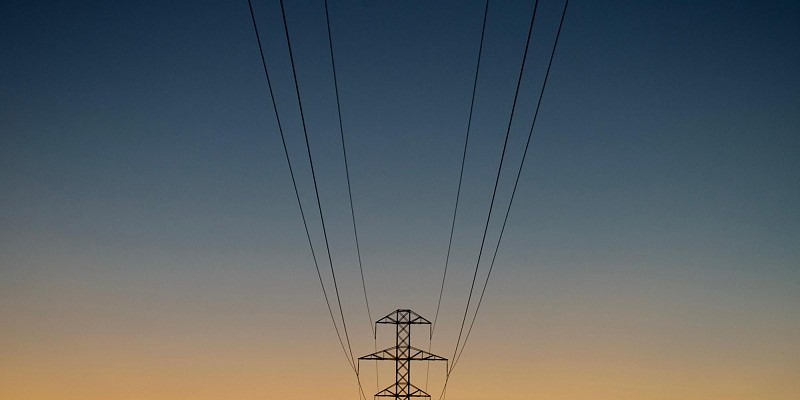How has COVID-19 impacted on energy prices?

COVID-19 has resulted in unprecedented economic and social consequences globally, with governments implementing policies to slow down the spread of the virus. The pandemic has caused significant disruption to the energy sector, resulting in impacts that will be felt for years to come. Since the beginning of the UK’s lockdown, the majority of commercial activity has been restricted for the majority of businesses and firms, altering electricity demand as a result. The substantial reduction in energy consumption experienced within services and industry were partially offset by an increase in residential usage. This shift in energy demand has now affected supply and the resultant pricing felt this year by customers and suppliers.
How has the global energy sector been affected in 2020?
The global energy market is now sitting at a 70-year low. The economic uncertainty experienced worldwide has caused a collapse in the demand for energy and with lower demand, energy prices have fallen significantly. Live data from wholesale energy markets indicated that, at points, the grid experienced a considerable oversupply of electricity during lockdown periods and also faced difficulties in dealing with the excess supply, leading UK electricity markets to plunge into the negative 66 times and encouraging consumers to use electricity.
Other aspects of the energy market – petrol, diesel, and aviation fuel – have also been significantly affected, with demand plummeting for these resources due to an enormous reduction in flights and use of public transport from March 2020.
COVID-19 is also impacting on renewables projects across the world. Delays in technology being supplied by China, an area heavily affected by the coronavirus, has slowed the progression of projects. For example, in India, 3000 MW of solar installations have been delayed, as China is the main global producer of many renewable technologies, including solar panels.
How has lockdown impacted the UK's energy?
An immediate 5-10% reduction in electrical demand was experienced after a nationwide lockdown was announced on 23rd March as businesses closed or working practices were adjusted. Additionally, during the UK lockdown, electricity demand on weekdays fell by 10-20%.
However, there has been some form of recovery in demand for electricity, partly driven by the return of the manufacturing sector and easing of lockdown restrictions. Whilst some form of normality has resumed for industries, many areas of the UK, including Northern Ireland, and also the Republic of Ireland continue to experience regionalised lockdowns. As a result, the changes in energy consumption patterns are likely to continue, possibly providing further uncertainty for the energy markets.
Living with COVID-19
This new reality has compelled businesses to better manage costs and energy behaviour in order to protect their futures and limit financial damage as post-COVID-19 recovery begins. In fact, for many, the time afforded to businesses as a result of lockdown has afforded an opportunity to regulate and scrutinise commercial operations to identify and remedy inefficiencies.
The concept of a green recovery following COVID-19 has been addressed by many government leaders. In Northern Ireland, the aim of ‘Green Growth’ is to ensure that Northern Ireland’s natural environment is centred within Executive policies whilst continuing to foster the necessary conditions to drive innovation, investment, and competition. In fact, Environment minister Edwin Poots announced an ambitious and bold roadmap for a “Green Growth” recovery from COVID-19 in June that aims to give rise to new sources of economic growth, whilst building resilient ecosystems.
In July, Prime Minister Boris Johnston announced that UK industry would receive around £350 million to cut down carbon emissions under new plans to step up efforts to tackle climate change and drive economic recovery from coronavirus. The aim is to drive progress on the UK’s target to reach net-zero by 2050, helping businesses to decarbonise across the heavy industry, construction, space, and transport sectors and to secure the UK’s place at the forefront of green innovation.
In September, it was announced that grants from £50k to £5 million are now available to help the nation build back greener from the coronavirus pandemic. These grants are available for projects involving nature conservation and restoration, nature-based solutions for climate change mitigation and adaptation and connecting people with nature.
What's next?
The coronavirus pandemic has led to unprecedented times for us as a society. However, it is providing an opportunity to introduce new policies and change behaviours to achieve a more sustainable future. A green recovery would ensure that a cleaner, greener future is at the heart of plans to rebuild a strong economy after COVID-19, benefitting people and the environment and planet for years to come.
To find out how our natural environment has already benefited from 2020’s global lockdown, check out our blog below.



